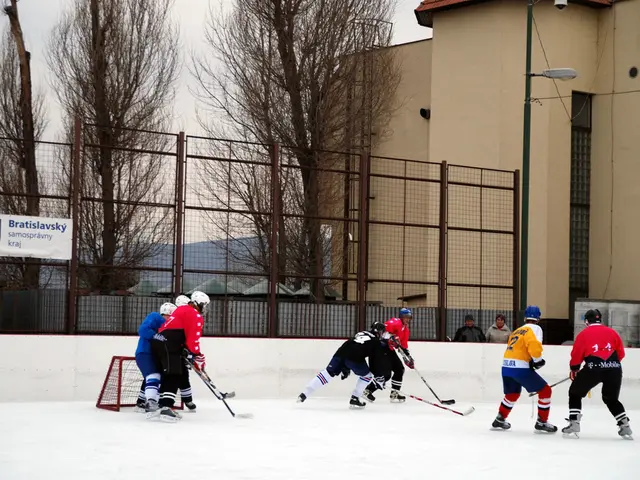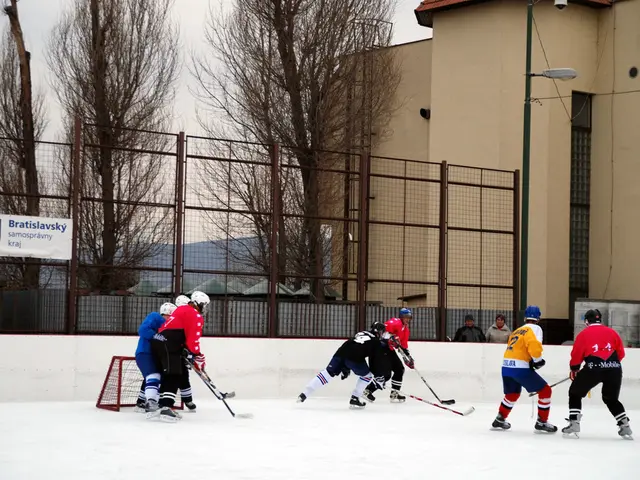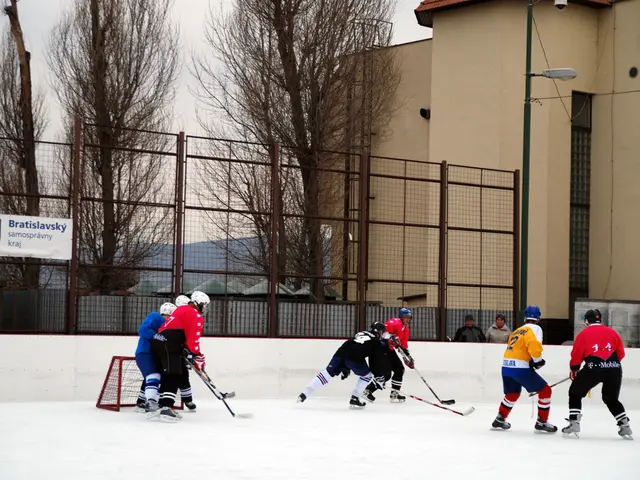Prison Bloodshed Traced Back to Delivery Package Competition: Witness Reportedly Ordered to Kill All Involved
Prison drug trade has transformed into a fiercely competitive market, a shift that's caused turf wars to spill over the walls and into the corridors of penal institutions. Once confined to narcotics distribution points, these territorial disputes are now escalating within prisons as well.
A tragic illustration of this escalating violence can be traced back to an incident that took place in November 2023. In the wee hours of the night, a peaceful evening in a Marseille neighborhood was shattered by a hail of bullets at a local McDonald's parking lot. A Peugeot 108 carrying five young folks from Toulon was the unfortunate target, with a mystery gunman emerging from a shadowy vehicle to sow chaos.
A 25-year-old woman and a 22-year-old man lost their lives in the senseless gunfire, while three others were left injured, including a young woman who narrowly escaped with a severed thumb. This horrific incident understandably shook the community, but the investigation that followed revealed a darker underbelly at play.
Over the next few months, a painstaking process of investigation, primarily focused on deciphering phones seized from the crime scene and gathering evidence within prisons, led to a haul of arrests in late 2024. The impact of such incidents, however, stretches far beyond the tragic loss of life, as they underscore the growing power and audacity of organized crime networks in France.
Drug-related crime in France has reached an alarming scale, with approximately 1.1 million cocaine users reported in 2023 alone[1][2][3]. This disturbing figure serves as a stark reminder of the complexity and danger of the drug trade. Despite the lack of direct evidence linking this specific Marseille case to the prison drug trade, the broader context of escalating violence and organized crime in France is undeniable.
Recent developments include high-profile cases like that of Mohamed Amra, recklessly dubbed "The Fly," extradited from Romania in 2025 in connection with a brutal prison escape and multiple murders[4]. Another notorious figure, Tarik Kerbouci, known as "Bison," allegedly orchestrates major cocaine shipments across Europe and North Africa[5].
What's more concerning is the trend of subcontracting violent tasks to migrants and low-level operatives, and the increasing control criminals maintain over drug trade operations from within prisons[5]. As a result, authorities have been compelled to implement significant security overhauls to combat this growing threat. While the exact events of the 2023 Marseille case remain unclear without access to specific judicial records or local reports, the broader picture painted by recent developments is one of a criminal underworld growing bolder and more violent.
[1] Le Figaro (2023) - July 1: Multiple French Prisons Targeted in Coordinated Attacks[2] Le Parisien (2023) - July 2: Gangs Target French Prisons with Gunfire and Arson[3] AFP (2023) - July 3: French Intelligence Agency Probes Prison Attacks[4] Le Monde (2025) - February 1: Special Operation Nets Notorious Drug Trafficker[5] La Liberté (2025) - April 1: France's War on Organized Crime Intensifies
- The escalating violence within French prisons due to the competitive trade of drugs appears to have reached general-news headlines, as shown by the tragic murder incident that occurred in a Toulon Peugeot in Marseille in November 2023.
- This murder case, where five passengers from Toulon were targeted, seemingly highlights a connection between turf wars in prisons and crimes committed in the outside world, as the investigation revealed links to drug-related activities and the criminal network.
- As crime-and-justice reports indicate, organized crime in France has grown bolder and more violent, with notorious figures like Mohamed Amra, controversially known as "The Fly," orchestrating major drug shipments and murders.
- The increasing control of drug traffickers within prisons, as seen with the subcontracting of violent tasks to migrants and low-level operatives, underscores the need for var in European security strategy to address the growing power and audacity of organized crime networks.

















































